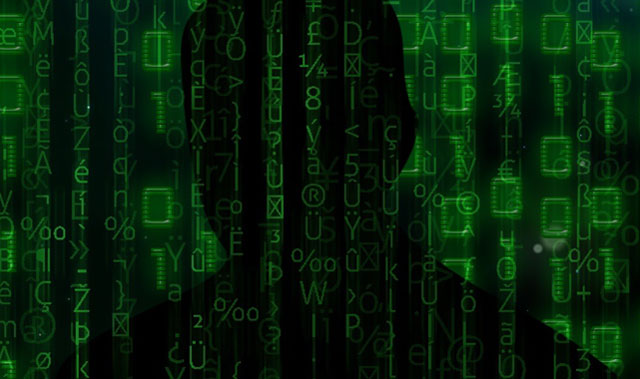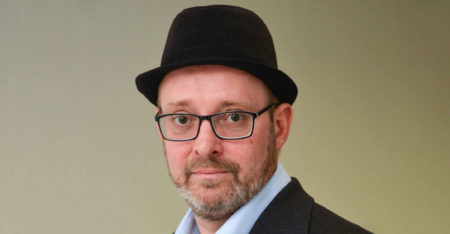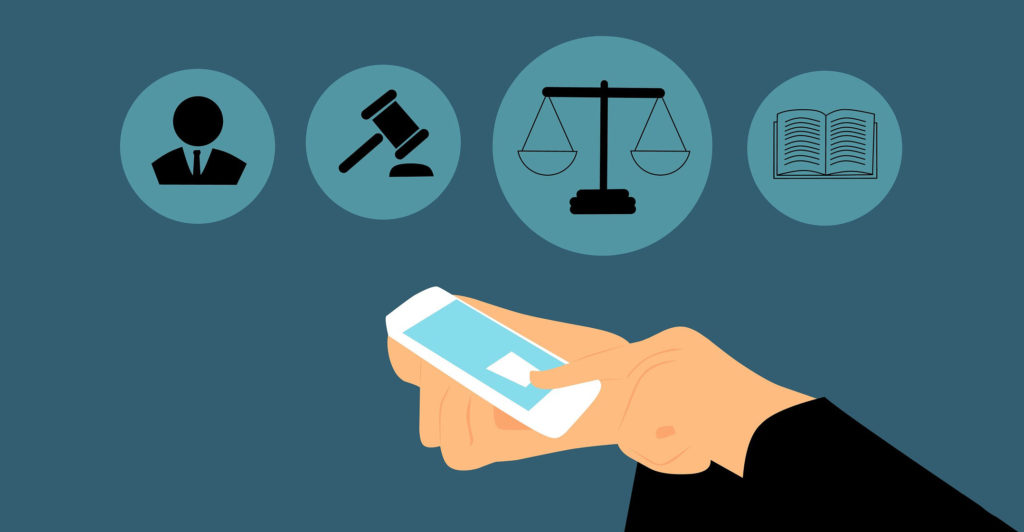
The Right2Know Campaign has described the proposed the cyber-crime bill as flawed.
The organisation said the legislation was designed in a way to censor the Internet. The organisation’s Micah Reddy said the problem with the proposed bill was that it was too broad and it would effectively give state security control over the Internet. The bill is open for public comment until Monday, 14 December.
“The whole process is very flawed. It is very bad news for Internet users. It will replicate serious parts of the secrecy bill. It will implement very harsh penalties for whistleblowers and investigative journalists who would be legally in possession of classified data,” Reddy said.
“There are almost verbatim extracts of the secrecy bill that relate to online information.”
Reddy said they were not opposed to the regulation of the Internet, but wanted the process to be fair.
“We are not saying there is no need for legislation dealing with cybercrime. There is definitely a need as South Africa is cybercrime hotspot. We are not in principle against the legislation to curb down on cybercrime, but it cannot in any way censor the Internet. It has to be carefully designed,” he said.
Reddy said the bill shouldn’t hand over too much power to state security to have control over the Internet. He said doing that would create structures of governing and controlling the Internet. “It will trample on fundamental human rights,” he said.
R2K said thousands of Internet users had signed a petition calling for the proposed bill to be scrapped. The organisation said the bill needed to be redrafted from scratch.
The Committee to Protect Journalists has called on the government to revise provisions in the proposed bill that would limit journalists’ ability to work.
“While we appreciate that South Africa must define and proscribe cybercrime, it must do so in line with international best practice regarding access to information and with respect to its own constitution,” said CPJ Africa programme co-ordinator Sue Valentine.
“The constitution explicitly prioritises the building of a democratic and open society and enshrines privacy rights for citizens.” — News24




